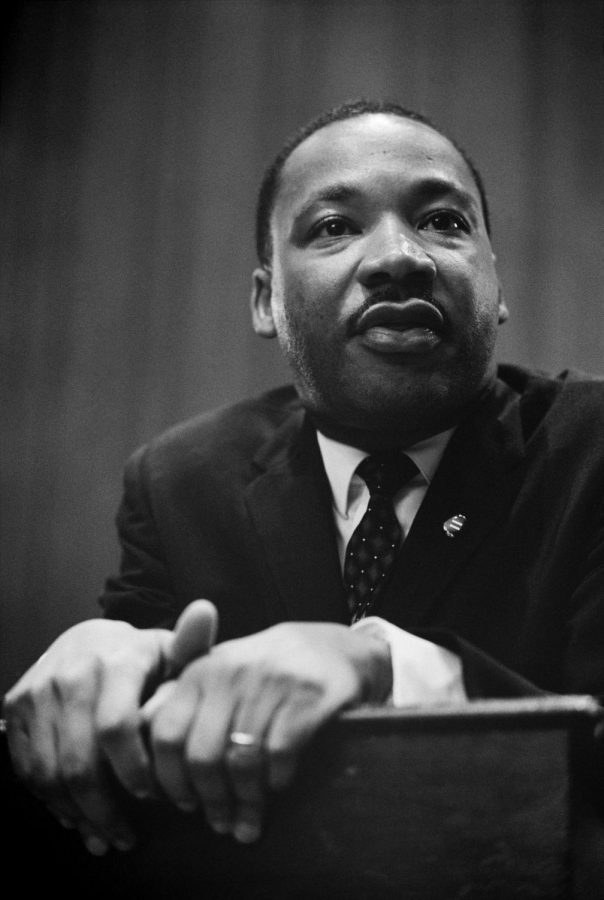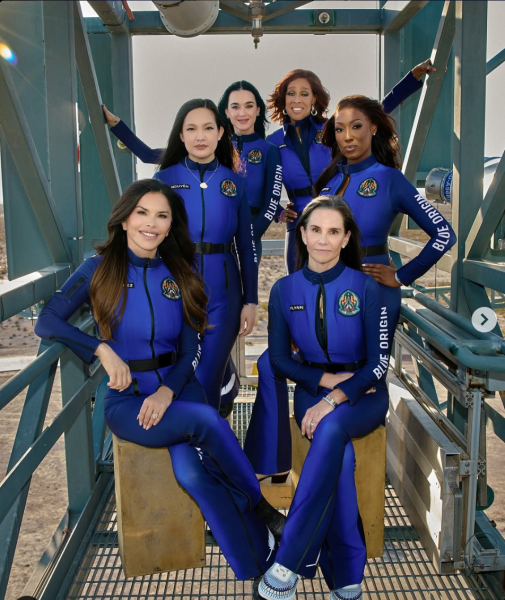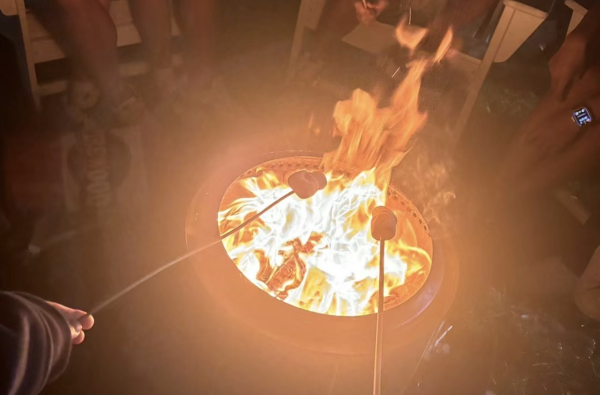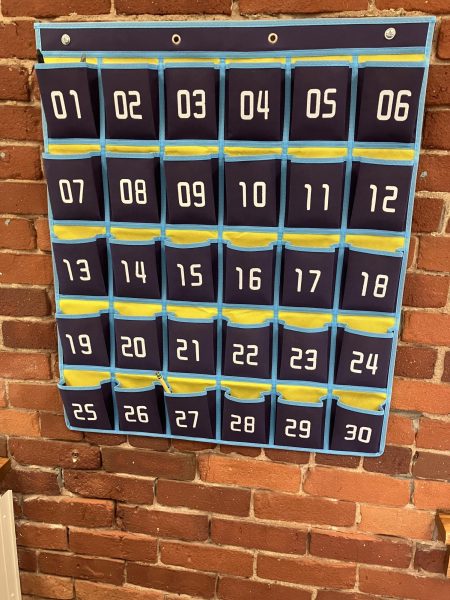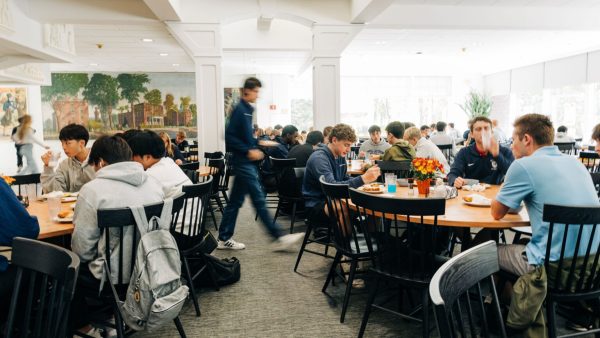Maxine Maxwell Mesmerizes Students on MLK Day
“Our past has everything to do with our future,” Maxine Maxwell told Williston students after stepping onto the stage in the Chapel on Monday, January 15. “If we can understand the circumstances that surround each insider then we can understand the legacies that these ‘she-roes’ left us.”
Maxwell, a seasoned and professionally trained actress, performed a series of short monologues detailing four important African American women and their various experiences of oppression in United States history for the Martin Luther King Jr. day assembly.
She began her performance, titled “Echoes of the Past,” as Henrietta King, a slave from West Point, Virginia living in the mid 19th century. Before getting fully into character, Maxwell told the audience that Henrietta’s story “paints a very vivid picture of this particular period.”
She detailed Henrietta’s painful and severe life, including a story where she gets her head crushed by a rocking chair.
Maxwell then performed as Sojourner Truth, an activist close to home to many day students, as she lived in Northampton, Massachusetts for much of her life.
As Truth, Maxwell explored the arguments against gender equality, an issue Truth specifically fought for.
“It was declared that men were intellectually superior to women and were therefore entitled to broader rights,” stated Truth. “Intellect? What does that have to do with women’s rights?” she questioned.
After Truth, Maxwell moved on to Ida B. Wells, who, according to the actress, was a “crusader against black oppression.”
“For more than 40 years she was one of the most fearless women in the United States.”
It was the mid-1880s when Wells boarded a train, only to be told she had to sit in a special seat for people of color and smokers. After refusing, she was roughly handled, causing her to bite the conductor. She sued.
“I hired a colored lawyer to sue the railroad for me and I waited and I waited and I waited but I found out that he has been paid by the railroad not to defend me!” she exclaimed.
After hiring a white lawyer, Wells was eventually paid $500, which is approximately $12,500 today.
Maxwell told Williston, “The measure of success that she achieved goes far beyond the credit she received in this country.”
Moving from the 1880s to 1957, Maxwell then chose to embody Elizabeth Eckford, a 15-year-old and one of the Little Rock Nine, a group of black students who integrated into previously segregated schools.
“My knees began to shake all of the sudden and I wondered if I was going to make it,” she said.
She made it to the doors of the school, but was quickly greeted by a problem: the guards would not let her in. After being denied entry, the mob closed in on her, and she was forced to flee to a bench and wait for the bus.
While protestors were threatening to lynch her, Eckford said “A white man sat down beside me, put his arm around me, and patted my shoulder. He lifted up my chin and he said: ‘Don’t let them see you cry.’”
Maxwell’s last performance was that of Winnie Mandela, the former wife of Nelson Mandela. Although her husband is more famous, Maxwell reminded Williston of the importance of Winnie—”as she was living everyday under virtual house arrest” with her husband locked away with a life sentence.
“When you want to break the chains of oppression nothing else seems to matter,” she remarked.
Maxwell ended with an Alice Walker poem titled “Women:” “They led / Armies / Headragged generals / Across mined / Fields / Booby-trapped / Ditches / To discover books / Desks / A place for us / How they knew what / we /Must know / Without knowing a page / Of it / Themselves.”
The actress said the poem reminded her of all the brave women, not just the ones she shared that day, and how many of their actions go unnoticed.
Many students were excited about the performance, and enjoyed that Williston invited Maxwell.
Junior Stella Piasecki said, “I really liked the performance. I thought she did a great job really expressing the emotion of each character, and I learned a lot.”
Annika Johnson ’19 agreed: “I think it’s really good that Williston invited Maxwell. She did a really outstanding job and really conveyed the importance of black women in our society. Without them, history would have been a lot different.”
Ellie Wolfe is a senior from Northampton Massachusetts. In her free time, she enjoys going for runs and hanging out with her friends, and runs The Willistonian...



